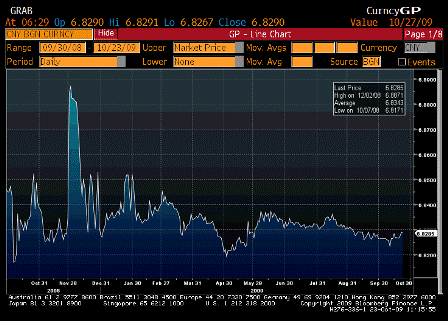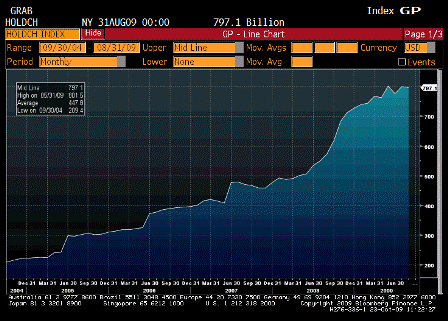[Skip to the end]
I think they want to accumulate financial assets and would like to get a currency they could feel good about to do that.
And at the same time they want to net export.
The only way they could do that is to somehow ‘force’ us to borrow their new currency in order for us to net import from them.
It would be easier for them to instead come up with an inflation index and only sell their exports in exchange for financial assets linked to their new inflation index. As long as the financial assets are linked to their index the currency of denomination isn’t critical. But credit worthiness would be critical.
>
> (email exchange)
>
>> The following was printed in the Independent in the UK. Doesn’t this move
>> threaten the US Dollar as the world’s reserve currency?
>
Doesn’t matter what anything is ‘priced in’ as that is just a numeraire. What matters is what the ‘save in’ which determines trade flows.
>
> Interesting. A political move.
> Seems a clumsy project though: they need to find a name for this ‘basket
> currency’ (petrodollar?) and then accept payments in any ‘real’ currency
> equivalent to the value of the ‘petrodollar’ at the time of payment.
> Possible that all will continue to use dollars for payment.
> Economic consequences will depend on whether this has any effect on the
> willingness of foreigners to hold the given amount of dollars they own.
>
>>
>> “In the most profound financial change in recent Middle East history, Gulf
>> Arabs are planning – along with China, Russia, Japan and France to end
>> dollar dealings for oil, moving instead to a basket of currencies including
>> the Japanese yen and Chinese yuan, the euro, gold and a new, unified
>> currency planned for nations in the Gulf Co-operation Council, including
>> Saudi Arabia, Abu Dhabi, Kuwait and Qatar. Secret meetings have already
>> beenheld by finance ministers and central bank governors in Russia, China,
>> Japan and Brazil to work on the scheme, which will mean that oil will no
>> longer be priced in dollars.â€
>>
[top]



